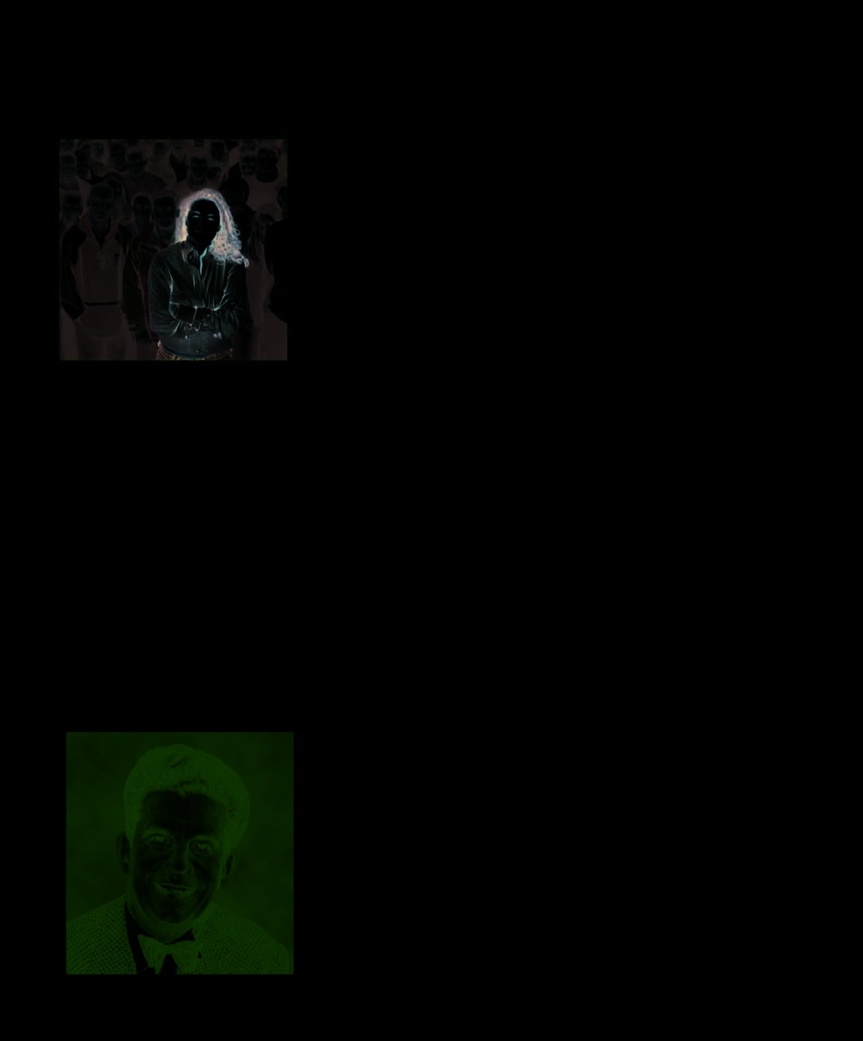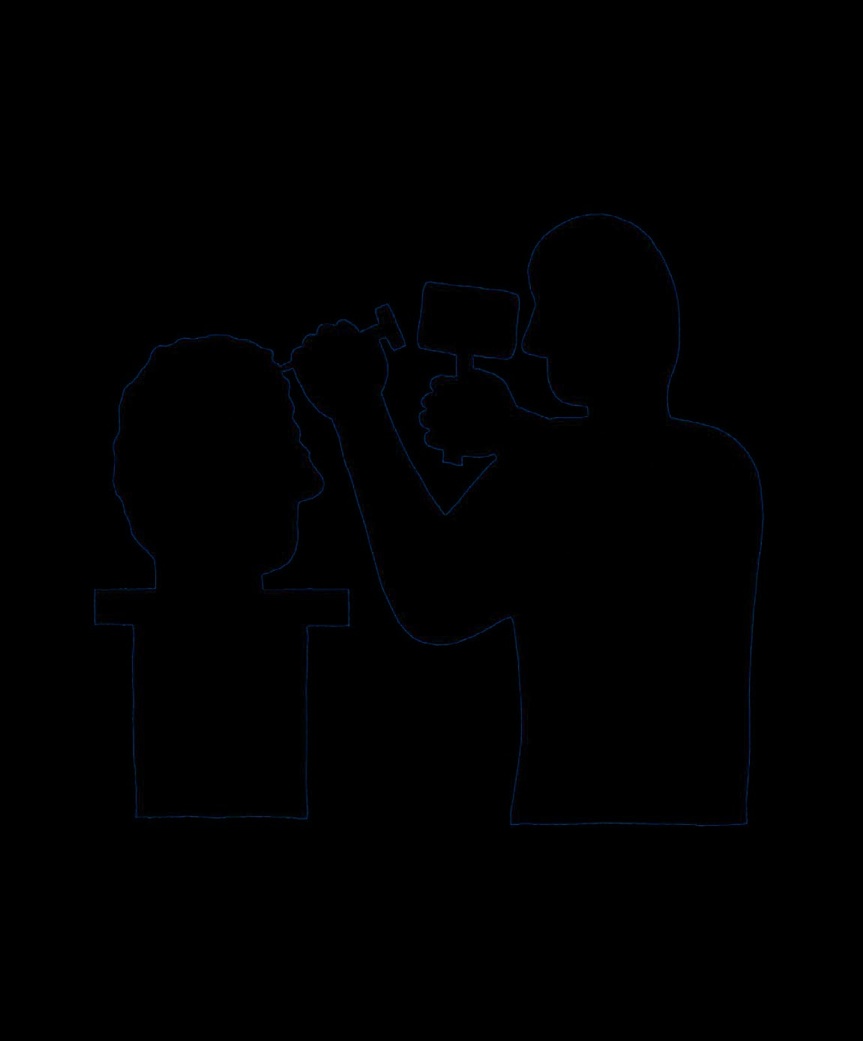The Psychology Book (39 page)
Read The Psychology Book Online
Authors: Unknown

122
THE UNCONSCIOUS
IS THE DISCOURSE
OF THE OTHER
JACQUES LACAN (1901–1981)
IN CONTEXT
The Other
is everything that
APPROACH
lies beyond the boundaries
P
sychoanalysts explain the
unconscious as the place
where all the memories that
we wish to push aside are stored,
Psychoanalysis
of ourselves.
and cannot be retrieved consciously.
BEFORE
The unconscious sometimes speaks
to the conscious self in limited
1807
German philosopher
ways: Carl Jung believed that the
Georg Hegel states that
unconscious presents itself to
consciousness of self depends
We
define and redefine
the waking self through dreams,
on the presence of the Other.
ourselves
through the
symbols, and in the language of
1818
German philosopher
existence of the Other.
archetypes, while Freud saw it
Arthur Schopenhauer claims
as expressing itself through
that there can be no object
motivational behavior and
without a subject to observe it,
accidental “slips of the tongue.”
and that perception of the
The one thing that the various
object is limited by personal
psychoanalytical schools do agree
We understand the world
vision and experience.
on is that the unconscious holds
through the
language
a bigger picture than that retained
1890
William James in
(discourse) of the Other.
by the conscious self. For French
The Principles of Psychology
psychiatrist Jacques Lacan,
distinguishes between the self
however, the language of the
as the knower, or “I,” and the
unconscious is not that of the
self as the known, or “me.”
self, but of the “Other.”
We also use that language for
AFTER
our innermost
thoughts
.
A sense of self
1943
French philosopher
We easily take for granted the
Jean-Paul Sartre states that
notion of the self—that each of us
our perception of the world
exists as a separate, individual
around us, or the Other, alters
being, who views the world through
when another person appears;
The unconscious
our own eyes, is familiar with the
we absorb his or her concept
is the discourse of
boundaries that separate us from
of the Other into our own.
the Other.
others and from the world around
us, and assumes a separateness

PSYCHOTHERAPY 123
See also:
William James 38–45 ■ Sigmund Freud 92–99 ■ Carl Jung 102–07 ■ Donald Hebb 163
of determining that as individuals
we are distinct from the world all
around us is our ability to recognize
the separateness of ourselves from
our environment, or from the Other,
which allows us to become the
The I is always
subject “I.” Lacan therefore
in the field of the Other.
concluded that each of us is a
Jacques Lacan
“self” only because we have a
concept of the Other.
For Lacan, the Other is the
absolute otherness that lies beyond
the self; it is the environment into
which we are born, and which we
Our sense of self
is shaped by our
have to “translate” or make sense
We are only able to think or to
awareness of the “Other,” or the world
of, in order to survive and thrive.
express our ideas and emotions
outside ourselves. However, Lacan
An infant must learn to assemble
through language, and the only
stated, it is the language of the Other
sensations into concepts and
language we have, according to
that forms our deepest thoughts.
categories in order to function in
Lacan, is that of the Other. The
the world, and he or she does this
sensations and images that
in thinking and in the way we
through gradually acquiring an
translate into the thoughts of
interact with our environment.
awareness and understanding
our unconscious must therefore be
But what if there was nothing out
of a series of signifiers—signs or
constructed from this language of
there that we could recognize as
codes. But these signifiers can
the Other, or, as Lacan stated, “the
being separate from ourselves?
only come to us from the external
unconscious is the discourse of
We would then be unable to
world that lies beyond the self,
the Other.” This idea has had a
conceptualize our sense of self,
therefore they must have been
wide influence on the practice of
because there would be no
formed from the language—or
psychoanalysis, leading to a more
delineated being to think
what Lacan prefers to call the
objective and open interpretation
about. The only way we have
“discourse”—of the Other.
of the unconscious. ■
Jacques Lacan
Jacques Marie Émile Lacan was
Lacan’s writings extend into
born in Paris, where he was
philosophy, art, literature, and
educated at the Collège Stanlias.
linguistics, and he gave weekly
He went on to study medicine,
seminars that were attended by
specializing in psychiatry. Lacan
eminent thinkers such as Roland
remained in occupied Paris during
Barthes and Claude Lévi-Strauss.
World War II, working at the
A keen Freudian, Lacan formed
Val-de-Grâce military hospital.
the École Freudienne de Paris in
After the war, psychoanalysis
1963, and the École de la Cause
became the key tool in Lacan’s
Freudienne in 1981.
work. However, he was expelled by
the International Psychoanalytical
Key works
Association in 1953, after an
argument over his “deviant” use
1966
Écrits
of shorter length therapy sessions.
1968
The Language of the Self
Lacan then set up La Société
1954–80
The Seminars
Française de Psychanalytique.
(27 volumes)

MAN’S MAIN TASK
IS TO GIVE
BIRTH
TO
ERICH H
FROMM ( I
190M
0–19 S
80) ELF


126 ERICH FROMM
of this separation and think about
IN CONTEXT
our isolation. Man, gifted with
reason, is life being aware of itself.
APPROACH
T
he ability to find meaning
in our lives is the defining
characteristic of humankind.
According to the German-American
Fromm suggests that our
Humanistic psychoanalysis
psychoanalyst Erich Fromm, it also
separation from nature originated
BEFORE
determines whether we follow a
with the growth of intellect,
path of joy and fulfilment or tread
1258–61
The Sufi mystic
which has made us aware of our
a road of dissatisfaction and strife.
Rumi says that the longing
separateness. It is our ability to
Fromm believed that although life
of the human soul comes from
reason and relate that lets us
is inherently painful, we can make
separation from its source.
transcend nature. It provides the
it bearable by giving it meaning,
capabilities for productive living and
1950s
Rollo May says that
through pursuing and constructing
affords us intellectual superiority,
the “true religion” consists of
an authentic self. The ultimate
but it also makes us realize that
facing life’s challenges with
aim of a human life is to develop
we exist alone in this world.
purpose and meaning, through
what Fromm described as “the
Reason makes us aware of our own
accepting responsibility
most precious quality man is
mortality and the mortality of our
and making choices.
endowed with—the love of life.”
Life is inherently fraught with
AFTER
emotional frustration, according to
1950
Karen Horney says
Fromm, because man lives in a
that the neurotic self is split
state of struggle. He is constantly
between an idealized and
trying to balance his individual
a real self.
nature—his existence as a separate
It seems that nothing is
being—with his need for
more difficult for the average
1960s
Abraham Maslow
connection. There is a part of man’s
man to bear than the feeling of
defines creativity and thinking
inherent self that only knows how
not being identified
of others as characteristics of
to exist in a united state with
with a larger group.
self-actualized people.
others; it lives at one with nature
Erich Fromm
1970s
Fritz Perls says that we
and at one with other people. Yet
must find ourselves in order to
we see ourselves as separated from
achieve self-actualization.